In an era where the digital landscape is continuously evolving, businesses globally, and in New Zealand, are leveraging AI-powered video marketing to gain a competitive edge. Imagine a Christchurch-based startup that increased its customer engagement by 35% within six months by utilizing AI-driven video content. This transformation is not just a trend but a pivotal shift in how Kiwi businesses connect with their audience. As AI continues to weave itself into the marketing fabric, understanding its implications for New Zealand’s economy, industries, and businesses becomes crucial.
The AI-Powered Video Marketing Revolution
AI-powered video marketing goes beyond traditional video creation by integrating machine learning algorithms to analyze viewer behavior, optimize content delivery, and personalize audience experiences. According to Stats NZ, 92% of New Zealand households have access to high-speed internet, which underscores the potential reach and impact of video marketing in the country.
Local businesses are tapping into this potential. For instance, New Zealand’s burgeoning wine industry utilizes AI to showcase vineyard tours and tastings virtually, enhancing customer engagement even from afar. The Ministry of Business, Innovation and Employment (MBIE) reports that the tourism sector, a significant contributor to the Kiwi economy, could see a resurgence through virtual experiences powered by AI video marketing.
Case Study: Mighty Ape – Navigating the E-commerce Landscape
Problem: Mighty Ape, a leading e-commerce platform in New Zealand, faced challenges in personalizing customer experiences due to the diverse range of products offered.
Action: The company implemented AI-driven video recommendations, which analyzed customer behavior to suggest relevant products through engaging video content. This approach not only improved user engagement but also streamlined the purchase process.
Result: After six months, Mighty Ape reported a 45% increase in conversion rates, with video content contributing significantly to customer retention.
Takeaway: This case study highlights the effectiveness of AI-driven video recommendations in enhancing e-commerce engagement. Kiwi businesses can adopt similar strategies to personalize customer interactions and boost sales.
Pros and Cons of AI-Powered Video Marketing
✅ Pros:
- Enhanced Personalization: AI analyzes viewer data to tailor content that resonates, increasing engagement and retention.
- Cost Efficiency: Automating video creation and distribution reduces marketing costs by up to 30%, according to a global study by McKinsey.
- Scalability: AI tools allow businesses to scale their video marketing efforts quickly, adapting to increasing demand.
- Improved Insights: AI provides detailed analytics on viewer behavior, enabling data-driven decision-making.
❌ Cons:
- Privacy Concerns: The use of AI raises data protection issues, necessitating stringent compliance with privacy regulations.
- Initial Investment: Implementing AI technologies can require significant upfront costs, which may deter small businesses.
- Content Saturation: The ease of creating video content might lead to market saturation, decreasing overall content impact.
Common Myths & Mistakes in AI-Powered Video Marketing
Myth vs. Reality
Myth: "AI will replace human creativity in marketing."
Reality: While AI can automate certain tasks, human creativity remains essential for crafting compelling narratives and authentic brand stories. AI is a tool that supports, not replaces, creative processes.
Myth: "AI-driven marketing is too expensive for small businesses."
Reality: Many AI tools, such as Lumen5 and InVideo, offer cost-effective solutions tailored for small businesses, enabling them to compete with larger firms.
Myth: "AI guarantees instant results."
Reality: Success with AI requires strategic planning and continuous optimization. Immediate results are rare without careful implementation and analysis.
Future Trends in AI-Powered Video Marketing
As New Zealand continues to embrace digital transformation, AI-powered video marketing is poised to become a cornerstone of business strategies. According to a Deloitte report, by 2025, AI-driven marketing is expected to account for over 50% of digital marketing efforts globally, with New Zealand businesses leading in adoption due to high digital literacy rates.
Emerging trends include the integration of augmented reality (AR) and virtual reality (VR) with AI video marketing, creating immersive experiences for consumers. This evolution will allow Kiwi businesses to offer virtual tours, product demonstrations, and interactive content, further enhancing customer engagement.
Conclusion
The integration of AI in video marketing is not just a technological advancement but a strategic necessity for businesses in New Zealand. By leveraging AI, companies can enhance personalization, improve efficiency, and ultimately drive growth. As the digital landscape continues to evolve, staying informed and adaptable will be key to success. What’s your take on the future of AI in marketing? Share your insights below!
People Also Ask
How does AI-powered video marketing impact businesses in New Zealand? AI video marketing enhances engagement and revenue, with businesses reporting 25%+ higher customer retention.
What are the biggest misconceptions about AI-powered video marketing? A common myth is that AI replaces human creativity, but it actually supports creative processes by automating repetitive tasks.
What are the best strategies for implementing AI-powered video marketing? Experts recommend starting with audience analysis, followed by content personalization, and ensuring compliance with privacy regulations for long-term success.
Related Search Queries
- AI video marketing tools
- Benefits of AI in digital marketing
- Future of AI in marketing
- Video marketing trends 2025
- AI in New Zealand industries
- Virtual reality marketing strategies
- AI and consumer privacy
- Cost of AI marketing tools
- AI video personalization
- Augmented reality marketing








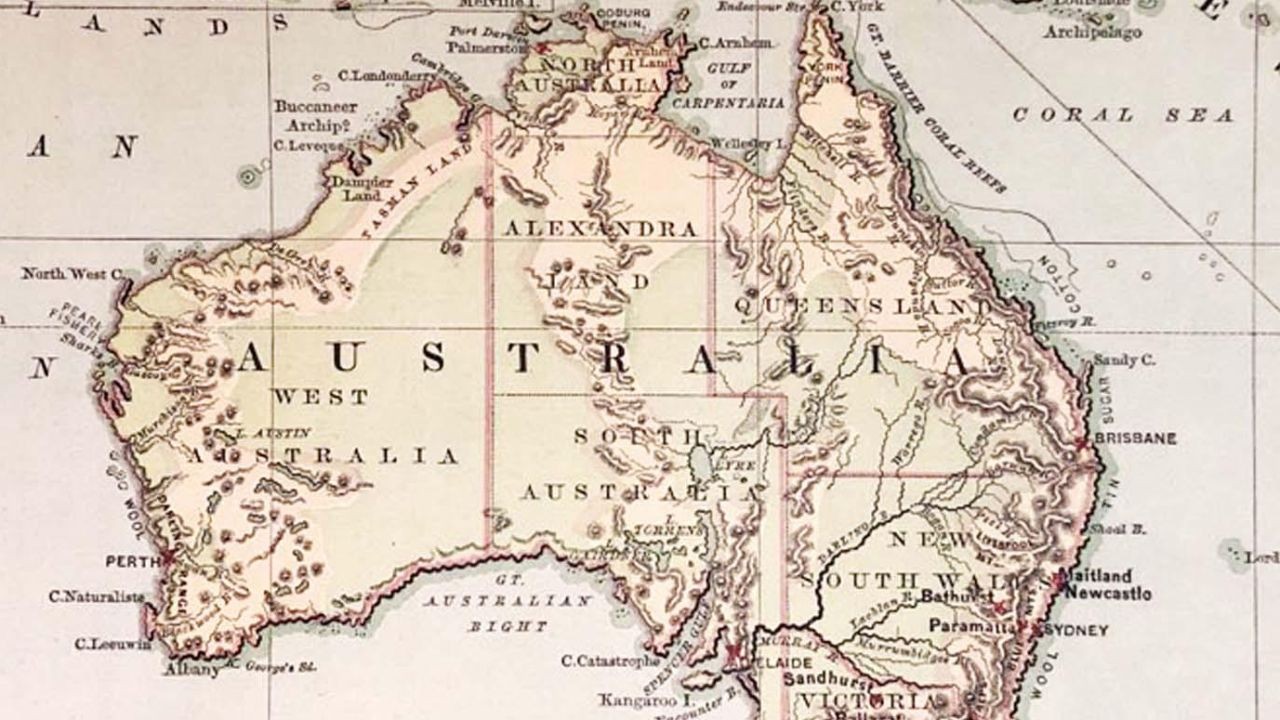





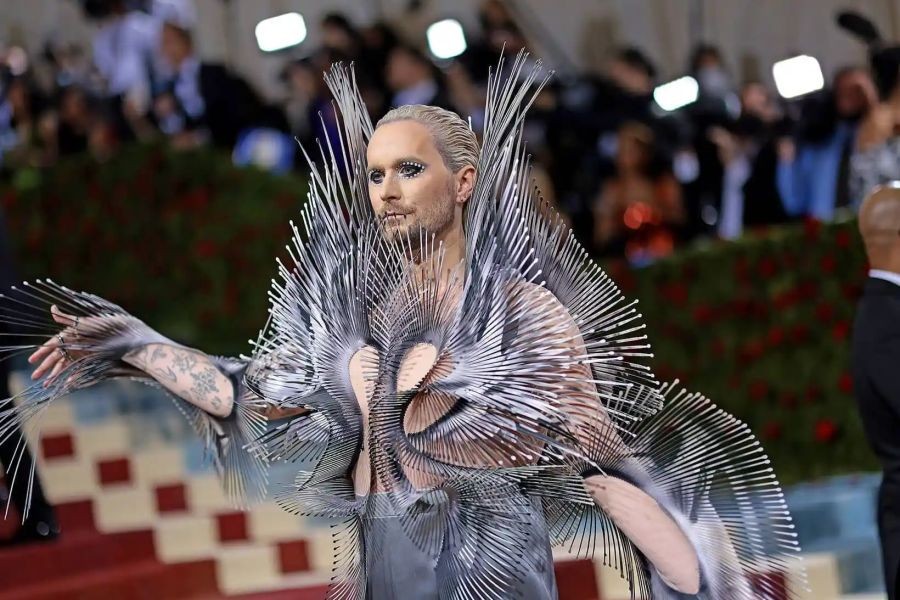


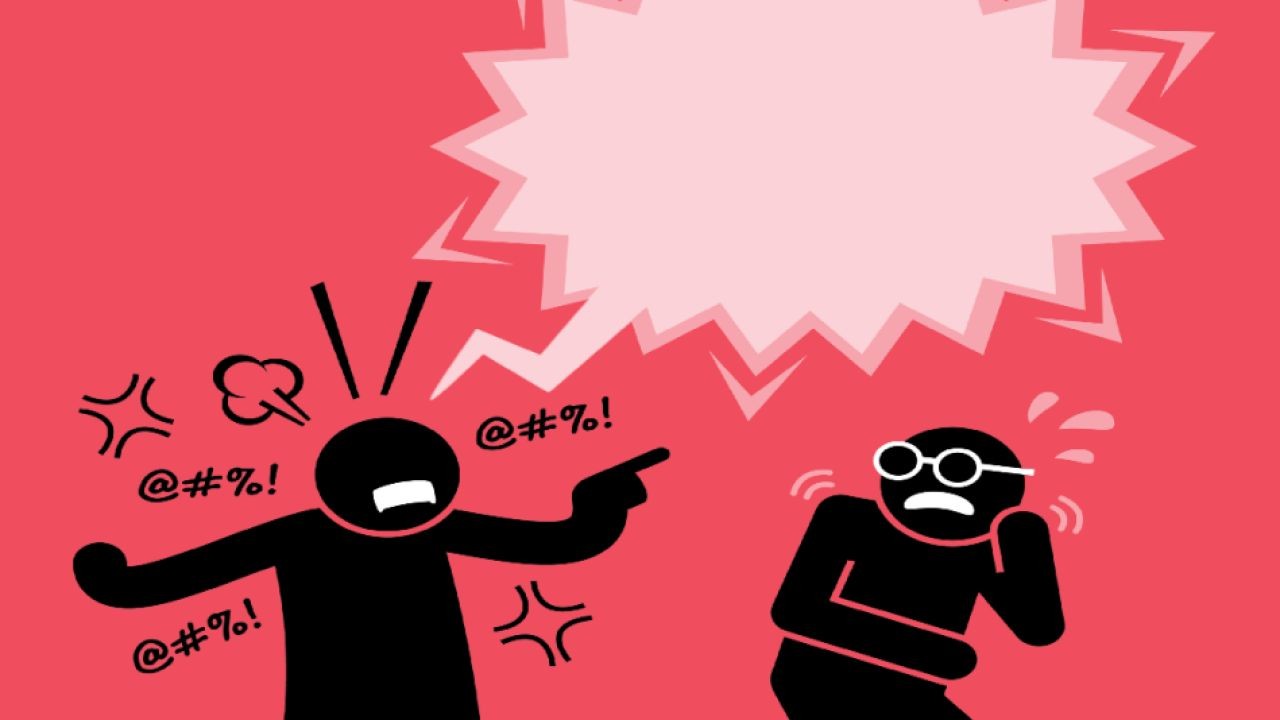




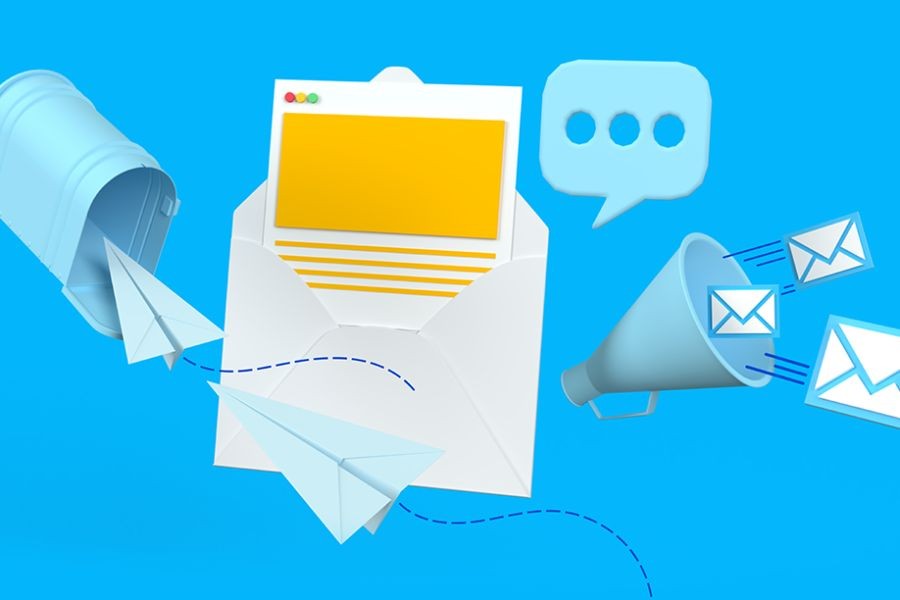
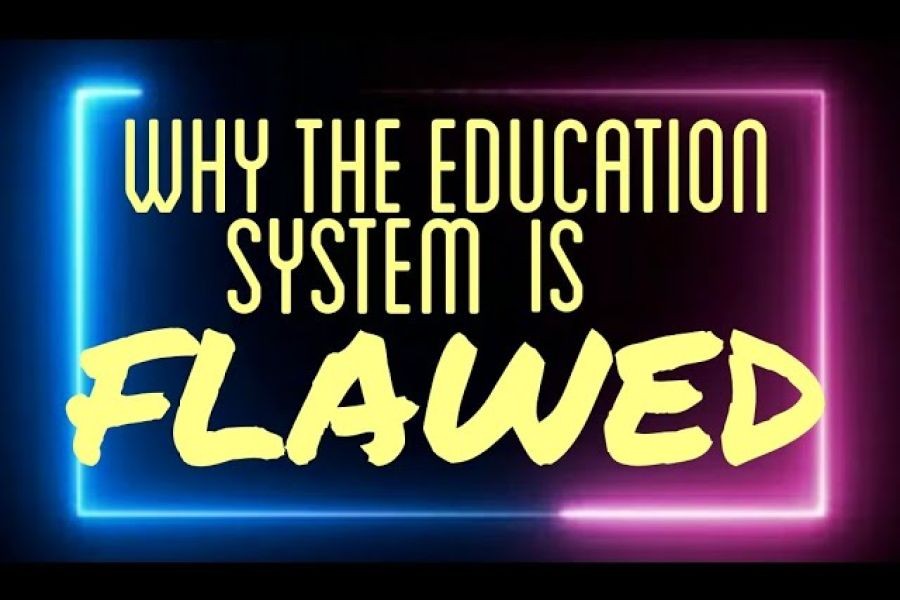


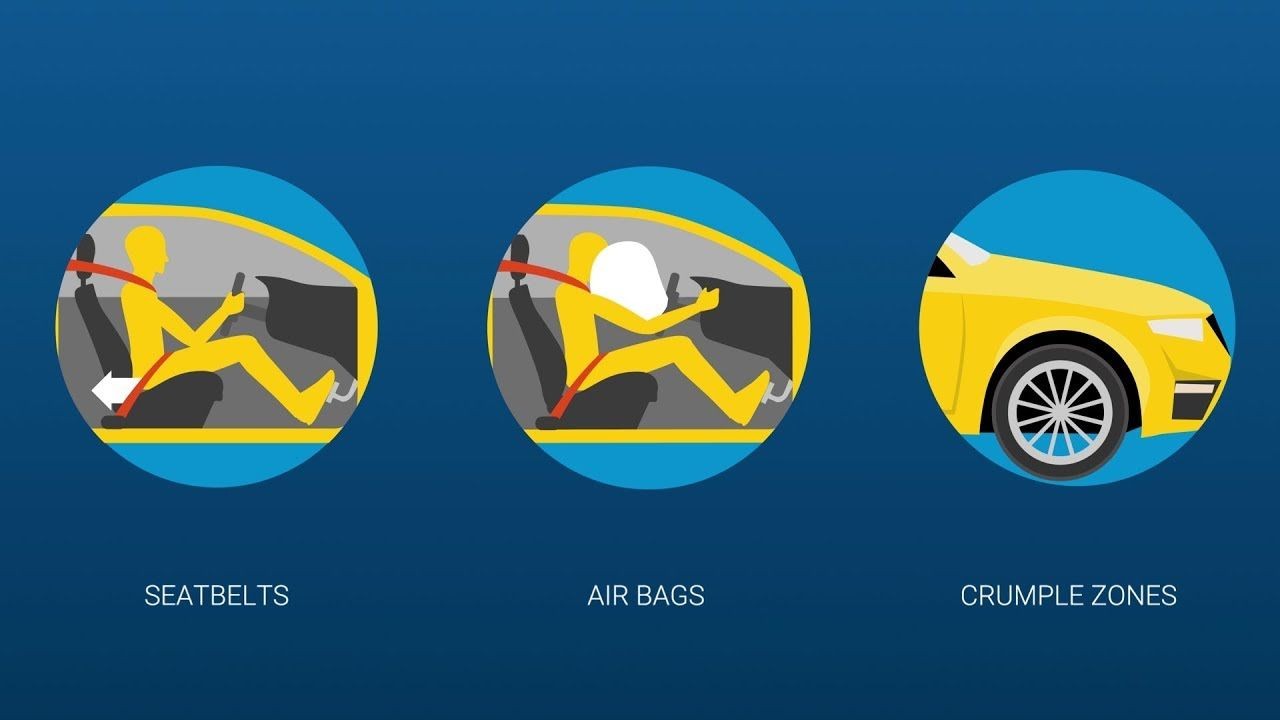





Skye60854
8 months ago